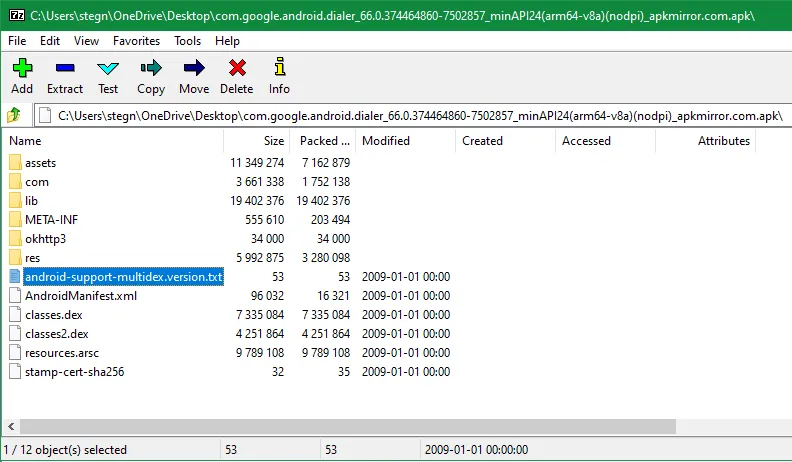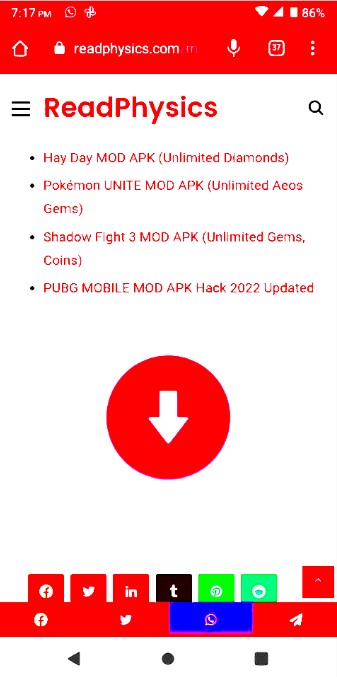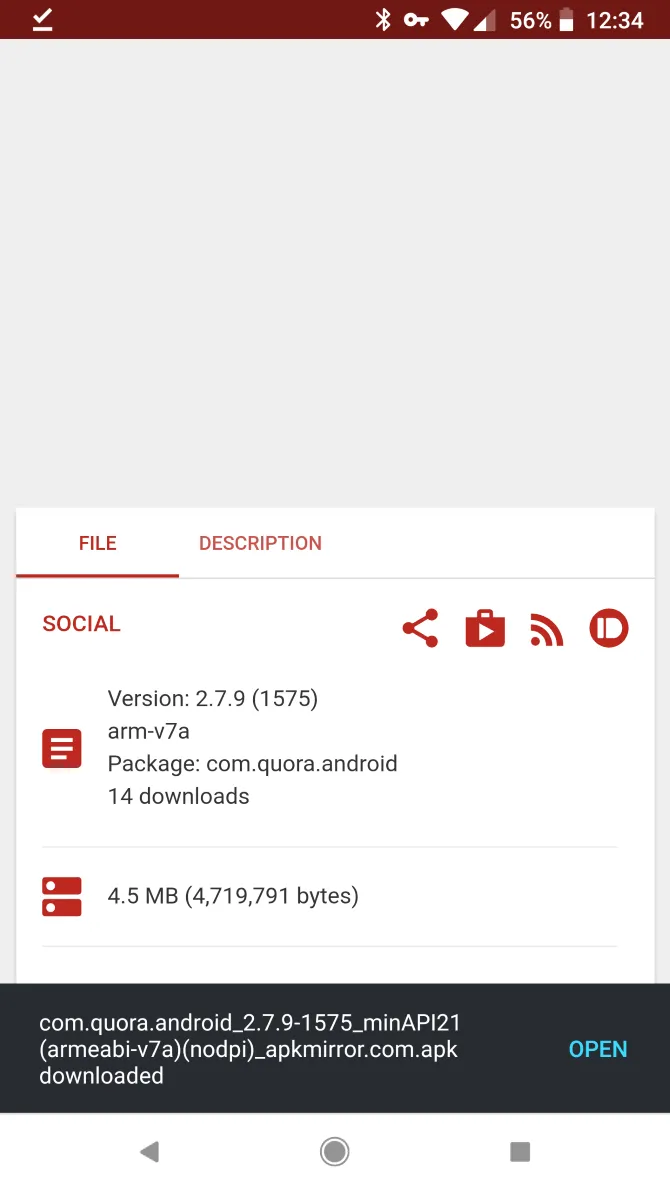Arcane Legends Apk – MMO-Action RPG
Want a game with magical monster-stomping stuff on more than 80 levels! Player-to-player commerce, player-versus-player combat, seasonal leaderboards well what’re you waiting for download Arcane Legends Apk – MMO-Action RPG now!
Arcane Legends Apk Info
| App Download Version | 2.7.47 |
| Last Updated | Sep 26, 2022 |
| Apk Size | Varies with device |
| App by | Spacetime Studios |
| Content Rating | Teen |
| Support Android Version | Android 19 and above |
| App Package | sts.al |
| Get it on | Google Play |
Arcane Legends Apk has Magical monster-stomping stuff on more than 80 levels! Player-to-player commerce, player-versus-player combat, seasonal leaderboards, custom 3D characters, attractive and strong pets, and frequent Events.
- Loot a staggering amount of gear
- Loot a staggering amount of gear
- Powerful ‘pet’ companions that suit any play style.
- Dominate the Seasonal Leaderboards to earn exclusive rewards.
- Special events offer banners, badges, and vanity rewards.
- Trade items with other players.
- Fight against other players in Duels, Ranked PvP matches, and Guild Battlegrounds.
- Join or create a Guild and enjoy custom Guild Events.
- Own a house that you can decorate with furniture and special items.
- Customize your avatar with various skin tones, faces, and unique vanities.
DISCLAIMER
This is an unofficial site for the download of this application. This site is not affiliated in any way with owners of this Application. The Application name, the Application brand, Application images and the Application Assets are all property of their respectful owner.
All rights reserved to the original owners of this application. This site doesn’t in any way or shape claim as this application as their own and is only just providing a download link for the original application without tampering with any of the original files in the app.
Be sure to check out other Amazing Apks 😉
- Free Fire MOD APK Hack (Unlimited Diamonds)
- Hay Day MOD APK (Unlimited Diamonds)
- Pokémon UNITE MOD APK (Unlimited Aeos Gems)
- Shadow Fight 3 MOD APK (Unlimited Gems, Coins)
- PUBG MOBILE MOD APK Hack 2022 Updated
What Is an APK File?
APK stands for Android Package (sometimes Android Package Kit or Android Application Package). It’s the file format that Android uses to distribute and install apps. As a result, an APK contains all the elements that an app needs to install correctly on your device.
An APK is an archive file, meaning that it contains multiple files, plus some metadata about them. You’re probably familiar with other types of archive files, like ZIP and RAR.

Generally, archive files (like ZIP) are used to combine multiple files into one, in order to make them more portable or compress them to save space. When an archive is used to distribute software, it’s then called a software package.
As it turns out, APKs are a variant of the JAR (Java Archive) file format, since a lot of Android is built in Java. All APKs are ZIP files at their core, but they must contain additional information to properly function as an APK.
So all APKs are ZIPs, but not all ZIPs are APKs. If you’re curious, you can crack open an APK file and see what’s inside. Just use one of the best file extraction tools, like 7-Zip, to open it like you would any old ZIP file. You can’t do much with APKs on platforms other than Android unless you install an Android emulator like Bluestacks.

What Are APK Files Used For?
APK files allow you to install apps on your Android phone. They’re similar to the APPX files used to install Store apps on Windows 10, as well as corresponding package files on other platforms. When you open an APK on your device, it contains the instructions to install on your phone and provides information about the package itself to your device.
Normally, when you visit Google Play and download or update an app, the store automatically installs the APK for you. In this way, the Play Store also acts as a package manager—a tool for easily installing, updating, and removing software on a device.
However, due to Android’s open nature, Google Play is not the only way to find and install APKs. It’s easy to obtain an APK file from elsewhere, move it to your device, and then install it manually. See how to sideload apps on Android for a full guide.
How Are APK Files Created?
When a developer creates an Android app, they likely use Android Studio, the official development tool for Android. Once the app is ready to ship, Android Studio compiles the app, then puts it all into one container—an APK.
APKs can have any name, but typically need to keep the file extension .apk so OSes know how to interpret them. When you download an APK, you’ll usually find they have filenames like the following:
com.google.android.dialer_66.0.374464860.apk
This is a (shortened) version of the APK name for Google’s Phone app. You can see that the full app name matches up with the app’s filename in the URL of its Google Play page:
https://play.google.com/store/apps/details?id=com.google.android.dialer
The numbers at the end represent the current version, which can be quite granular since major apps like this get updated all the time.
Google Play is fine for most people’s Android installation needs. But there are several benefits to installing APKs manually.
One of the biggest is getting access to the latest version of apps ahead of time. When a major Google app (like Calendar) releases a major update, it can take a week or more for your device to get the latest release from Google Play. Installing the APK on your own lets you skip the wait and update as soon as you want.
 |  |  |
Sideloading APKs also lets you install apps on your device that aren’t available on Google Play. You might find an app that isn’t allowed on Google Play because it violates a policy, or maybe you want to test your friend’s app that’s currently in development.
Just like desktop software, though, downloading APK files from random websites can be dangerous. While Google Play has filters in place to catch dangerous apps, there’s not as much protection when you’re installing APKs on your own. They could be malware disguised as a legitimate app, or might be tampered with to include spyware.
Only download APKs from trusted sites quite like ours which only uploads the safest and verified Android APKS. Be wary of any page that promises you a paid app for free—that’s a common tactic to install malware on your device.


